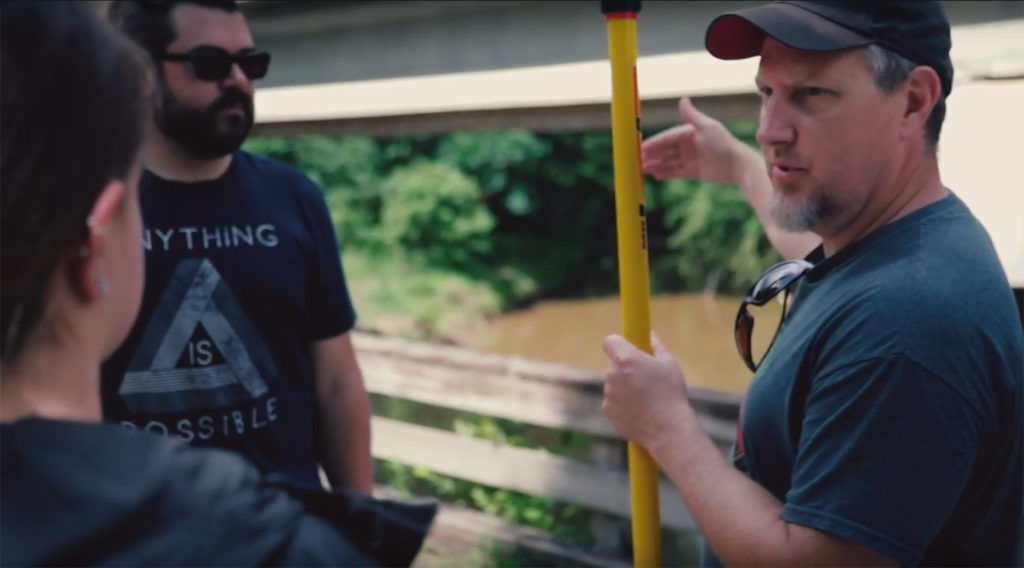Chris Osburn
CO

Professor
Mapping a Dynamic Planet, Coastal Biogeochemistry
Marine, Earth and Atmospheric Sciences
919-515-0382 closburn@ncsu.edu WebsiteBio
Chris uses geospatial analytics to investigate how land use and extreme weather events affect the biogeochemistry of coastal waters. He develops algorithms and modeling approaches to relate the chemistry of natural waters to their optical properties to study fluxes and cycling of carbon and nutrients between the land and ocean through rivers and estuaries. Other interests include investigating the influence of land use and global change on carbon cycles in lakes.

Publications
- Carbonate-associated organic matter: A form of “dissolvable” organic matter? , (2024)
- Linear Source Apportionment Using Generalized Least Squares , TECHNOMETRICS (2024)
- Shifting Sources and Fates of Carbon With Increasing Hydrologic Presses and Pulses in Coastal Wetlands , JOURNAL OF GEOPHYSICAL RESEARCH-BIOGEOSCIENCES (2024)
- The unique biogeochemical role of carbonate-associated organic matter in a subtropical seagrass meadow , COMMUNICATIONS EARTH & ENVIRONMENT (2024)
- Tryptophan-Like Fluorescence for Monitoring Fecal Contamination in a Marsh-Dominated Estuary , ACS ES&T WATER (2024)
- A Pan-Arctic Algorithm to Estimate Dissolved Organic Carbon Concentrations From Colored Dissolved Organic Matter Spectral Absorption , GEOPHYSICAL RESEARCH LETTERS (2023)
- Lignin phenol quantification from machine learning-assisted decomposition of liquid chromatography-absorbance spectroscopy data , LIMNOLOGY AND OCEANOGRAPHY-METHODS (2023)
- Recent increases of rainfall and flooding from tropical cyclones (TCs) in North Carolina (USA): implications for organic matter and nutrient cycling in coastal watersheds , BIOGEOCHEMISTRY (2023)
- Routine Estimation of Dissolved Organic Matter Sources Using Fluorescence Data and Linear Least Squares , ACS ES&T WATER (2023)
- Accumulation of recalcitrant dissolved organic matter in aerobic aquatic systems , LIMNOLOGY AND OCEANOGRAPHY LETTERS (2022)